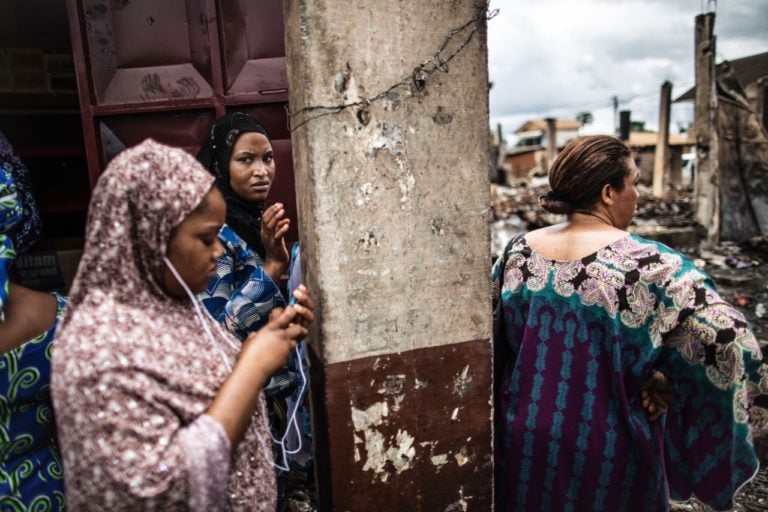"Evidently, (the CNC) does not accept that members of government and the ruling party should attract criticism," said RSF.
(RSF/IFEX) – Reporters Without Borders condemned what it called Gabon’s “persistently repressive impulses” after the National Communications Council (CNC) slapped suspensions and final warnings on eight privately-owned publications.
Private television channel Canal Espoir also saw one of its programmes suspended in the CNC’s clampdown, which was announced at a plenary session on 10 November 2009. The CNC accused the offending media outlets of “wholesale relaying of public rumours” and “spreading ethnic divisions, insults and slander”.
“While the Gabonese press is already operating in a difficult climate – some journalists report pressure and threats – the CNC’s decision is distressing because it is only aimed at punishing pluralist forms of expression,” the worldwide press freedom organisation said.
“Evidently, this regulatory body, whose independence from the Libreville government is doubtful, does not accept that the results of the presidential elections should be commented on, or that members of government and the ruling party should attract criticism.
“With these albeit temporary sanctions, the opposition press, critical or satirical, has ended up being drastically cut back,” said the organisation, which voiced its support for Gabon’s privately-run press.
Norbert Ngoua Mezui, founder and head writer for the newspaper “Nku’u le Messager”, told Reporters Without Borders of his concern about the “deteriorating climate” for the media. He said he feared that the CNC decision might be only the first in a raft of measures aimed at gagging the press. He said the punishment was aimed at “the outspokenness of the media during the presidential campaign.”
The most severe punishment was meted out to the bi-monthly “Echos du Nord”, which was handed down a three-month suspension for an article it carried in its 29 October issue headlined: “The first fruits of a hooligan state”. Three publications, “Le Scribouillard”, “L’Ombre” and “La Nation” were banned from appearing for two months. The weeklies “Nku’u le Messager” and “Le Crocodile” were suspended for one month. The weekly “Le Temps” and a newspaper that appears irregularly, “Gabon d’abord”, were both issued warnings to comply with the current rules on journalistic ethics.
Finally, the highly popular daily programme “Entre nous”, which gives live airtime to ordinary people, was also suspended. The CNC accused the television station Canal Espoir of “numerous failings in the mastery of techniques for live broadcasting,” but did not specify the length of the suspension.
Attempts by Reporters Without Borders to contact the CNC for an explanation of its decisions were unsuccessful.


